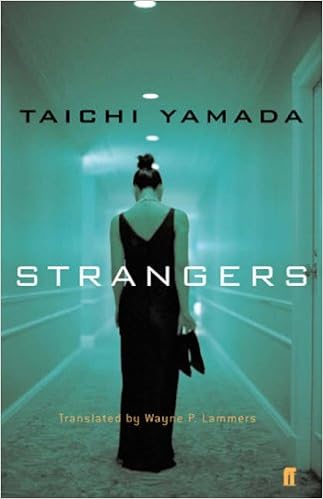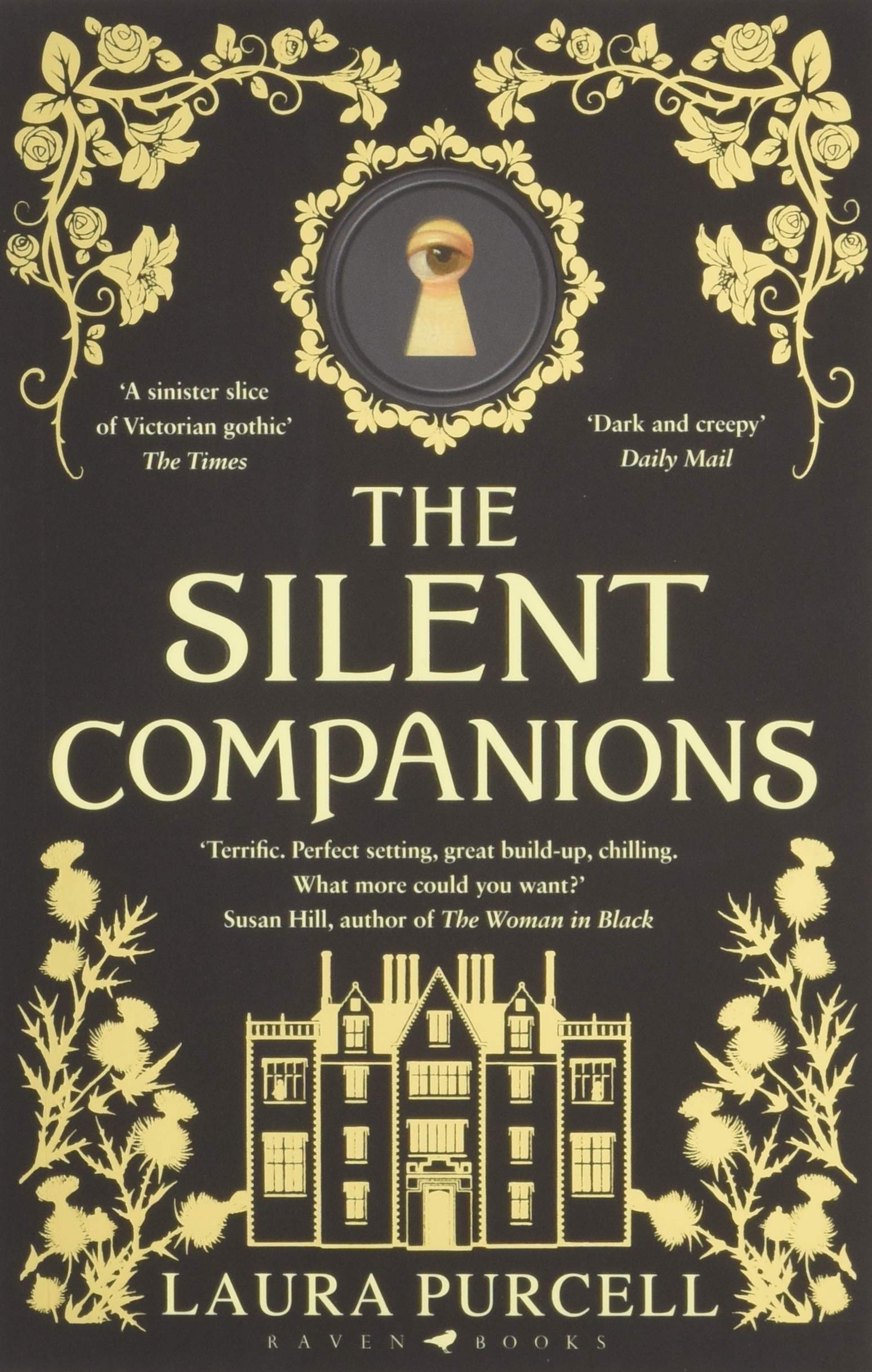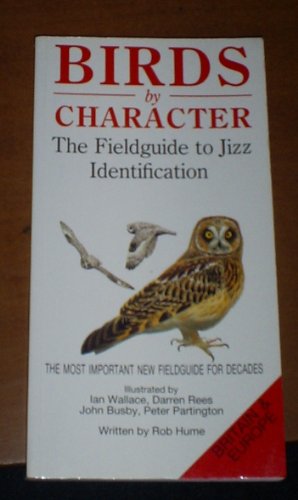Last Night Of Freedom, Dan Howarth (Northern Republic)
Ivy Grimes Grime Time, Ivy Grimes (Tales From Between)
Charlie Says, Neil Williamson (Black Shuck Books)
The Return, Rachel Harrison (Holder & Stoughton)
"The triumph of Everington’s first novel is that, while hinting at lofty literary precedents, it cumulatively takes on an unsettling voice all of its own." The Guardian
Maybe times have changed, or maybe I'm just old now, but such serendipitous stumbling into something unknown but exciting happens less and less for me nowadays. But when it does happen, I'm still thrilled.
So:
My friend and editor-supreme Dion Winton-Polak posted he'd recently edited a new book, The Headsman by Cristina Mîrzoi. If I'd not been looking at Facebook on my phone at that exact moment, I probably would have missed it, something special lost amidst the horrendous world news, the Wordle scores, the shit-posting and endless adverts. But I did see Dion's post, and thought the book looked interesting, so I picked up a copy.
I've known Duncan Bradshaw for a few years, mainly for two things: his love of good beers and his fiction, a very distinctive blend of humour and over the top horror. His readings at conventions are always laugh-out-loud funny/groan-out-loud disgusting (check out Congratulations! You've Accidentally Summoned A World-Ending Monster. What Now?, a riff on the 'Choose Your Own Adventure' series, for an example). Fair to say, although we're both writing horror, our approaches our worlds apart...
So I was more than intrigued when Duncan approached me for a blurb for a forthcoming release which he said was... serious. I think he even used the 'literature' word. But even if he didn't, I will: And The Night Did Claim Them, from Black Shuck Books is a masterful piece of serious horror literature. It's still got moments of trademark Bradshaw humour, but now part of a story which is a dark and unrelenting slide towards doom. I genuinely loved it, and after some thought I had this to say about it:
“A creepy, absorbing novella about loss, regret, and the blackness awaiting us all. Bleak as hell; dark and silky as a pint of Guinness - I loved it.”
(Disclaimer: I received some beer from the author as a thank-you for this blurb, which was 8% and gave me a mild headache and some grumpiness the next morning. What a bastard. Don't buy his books.)
And The Night Did Claim Them (Pre-Order)
Ray Cluley's debut collection is being rereleased - today, if I've got my timing right. So I thought I'd repost my original recommendation for the book, which was originally posted October 2015. As you can tell, I liked it very much and I stand by every word of what I said about it back then.
The new edition from Vulpine Press Probably Monsters can be found here: (UK | US)
Kit and I are of a similar age, so I encountered a lot of the works he mentioned in my youth too (and I was struck by the notion, hinted at throughout the book, that the news we see as kids influences our view of horror as much as fiction; that footage of Hillsborough, Zeebrugge, the Challenger explosion, or the Ethiopian famines, form a bedrock of shared cultural experience and imagery similar to liking the same films) but I suspect nearly all fans of the genre will get a kick out of these pieces. And...
.... and, oh look, who am I kidding? This isn't how I wanted to write about this book.
There's a great moment in B.S. Johnson's Alberto Angelo where he interrupts his own novel by saying "fuck all this lying" and proceeds to tell the supposedly real-version of events that inspired the fiction up until that point. And while I've not been lying above, I have been circling round the real reason I loved this book:
It's 2020.
It's Covid-time.
I haven't seen my writing friends in months, nor am I likely to for months more.
Like many I'm sure, my writing has taken a hit this year. My routine's all changed, I've lost some mojo. And part of it is that the conventions are cancelled, those semi-regular catch ups with fellow authors. I'm sure I'm not the only one who gets a burst of motivation & enthusiasm following Fantasycon or Edge-Lit, and while some of that is from the scheduled events, a lot is from being surrounded by so many amazing writers and fans and creatives, from talking to them during the day and well into the night.
Reading My Life In Horror feels as close to one of those conversations as I'm going to get this year. Indeed, the first chapter is about Stephen King's IT, and one of my favourite FCon memories is a late night conversation with Kit and Mark West when we talked about how much we loved IT for hours. And the great thing about this book is it's so personal, so much Kit's take of the horror genre, that it feels like a one-way conversation with him. My responses to the essays in the book weren't objective judgements, but me thinking what I would want to say back to him, if I could. (You're so wrong about Don't Look Now, Kit.)
In a very real way, it's fired me up like a convention would (I even read it Friday to Sunday, the same timescales as Fcon) and made me want to get back to my own writing, to my own life in horror. So it's pointless for me to pretend to describe this book like I did at the top of the review, to compose an objective sounding discussion of its many strengths and odd weaknesses.
My Life In Horror #1 was quite simply just what I needed right now, in 2020, and it might be just what you need too.
I was honoured to advance read Daniel Braum’s forthcoming new collection, Underworld Dreams, which is now available to preorder:
 With life being what it is at the moment, I don't really have the time to do this book justice. But I did want to write something about Exercise In Control by Annabel Banks (from Influx Press). It's a book of short stories, and if you love short stories as much as me you'll want to check it out.
With life being what it is at the moment, I don't really have the time to do this book justice. But I did want to write something about Exercise In Control by Annabel Banks (from Influx Press). It's a book of short stories, and if you love short stories as much as me you'll want to check it out. The world's a crazy, somewhat scarier place than it was just a few weeks back (and it was hardly a bed of sanity & roses then) and there's little I can do about 99% of it all. But like everyone, authors and small-presses will be affected by coronavirus and its economic impacts, especially those launching books at now-cancelled conventions. So I'm going to periodically post about some of those books on here, and encourage you to throw some money their way if you can.
The world's a crazy, somewhat scarier place than it was just a few weeks back (and it was hardly a bed of sanity & roses then) and there's little I can do about 99% of it all. But like everyone, authors and small-presses will be affected by coronavirus and its economic impacts, especially those launching books at now-cancelled conventions. So I'm going to periodically post about some of those books on here, and encourage you to throw some money their way if you can. One of my fellow panelists, Mark Latham, has published a comprehensive blog post on the first of these; sadly you'll get nothing as detailed about the second from me (yes I'm crap). But I did want to mention a couple of ghostly tales - one short story, one novel - that I spoke about in reply to a question about 'lost classics'. Neither of these seem to be that well known, but both are well worth seeking out...
One of my fellow panelists, Mark Latham, has published a comprehensive blog post on the first of these; sadly you'll get nothing as detailed about the second from me (yes I'm crap). But I did want to mention a couple of ghostly tales - one short story, one novel - that I spoke about in reply to a question about 'lost classics'. Neither of these seem to be that well known, but both are well worth seeking out... I had the pleasure of being on a couple of panels with Laura Purcell at Edge-Lit this year, and in a like-the-cut-of-her-jib moment I bought her novel The Silent Companions as a result. And I'm very glad I did, because I enjoyed it immensely.
I had the pleasure of being on a couple of panels with Laura Purcell at Edge-Lit this year, and in a like-the-cut-of-her-jib moment I bought her novel The Silent Companions as a result. And I'm very glad I did, because I enjoyed it immensely. I first came across Neil Schiller's fiction when I read his debut collection, Oblivious. And what a debut it was: dark, brooding tales of people dealing with (or failing to deal with) everyday life, written with such an eye for detail, both physical and emotional, that saying things such as he's like a British Carver didn't seem entirely stupid. Or, if you prefer a more genre-related comparison, he's like a Gary McMahon without all that supernatural stuff.
I first came across Neil Schiller's fiction when I read his debut collection, Oblivious. And what a debut it was: dark, brooding tales of people dealing with (or failing to deal with) everyday life, written with such an eye for detail, both physical and emotional, that saying things such as he's like a British Carver didn't seem entirely stupid. Or, if you prefer a more genre-related comparison, he's like a Gary McMahon without all that supernatural stuff."There's something exciting about waking up in a city. Not the suburban sprawl that most of us spend our lives in[...] I mean right in the middle of a proper city—clattering heels, laughter, fast-moving traffic. The clamour of the stirring sheets reverberates; it echoes back from the municipal stonework and spirals up into a vast empty sky [...] I've felt this every time I've opened my eyes in London, no matter how grey and dirty the bed or couch or floor I've been on, and I feel this way now."I guess if that doesn't convince you to buy this book (and Oblivious, if you haven't already) no further words of mine will. So I'll just end this review with one of my favourites of the title songs from this brilliant collection of stories. Play on:
 I couldn't have been more excited than when I heard Undertow Press were going to be publishing the debut collection from Priya Sharma. The stories I've read of hers over the last few years have always been superb, by turns creepy, beautiful, tender and terrifying. A whole book-load of them? Count me in. Especially one with such stunning cover art and design as this one.
I couldn't have been more excited than when I heard Undertow Press were going to be publishing the debut collection from Priya Sharma. The stories I've read of hers over the last few years have always been superb, by turns creepy, beautiful, tender and terrifying. A whole book-load of them? Count me in. Especially one with such stunning cover art and design as this one."After the snow melted, the redwings appeared... If I approached, they would flap up into the lower branches, revealing the red flash under the wing, like a handbag clutched beneath the arm." 'The Blue Notebooks'
 |
| See, I'm not making it up. |